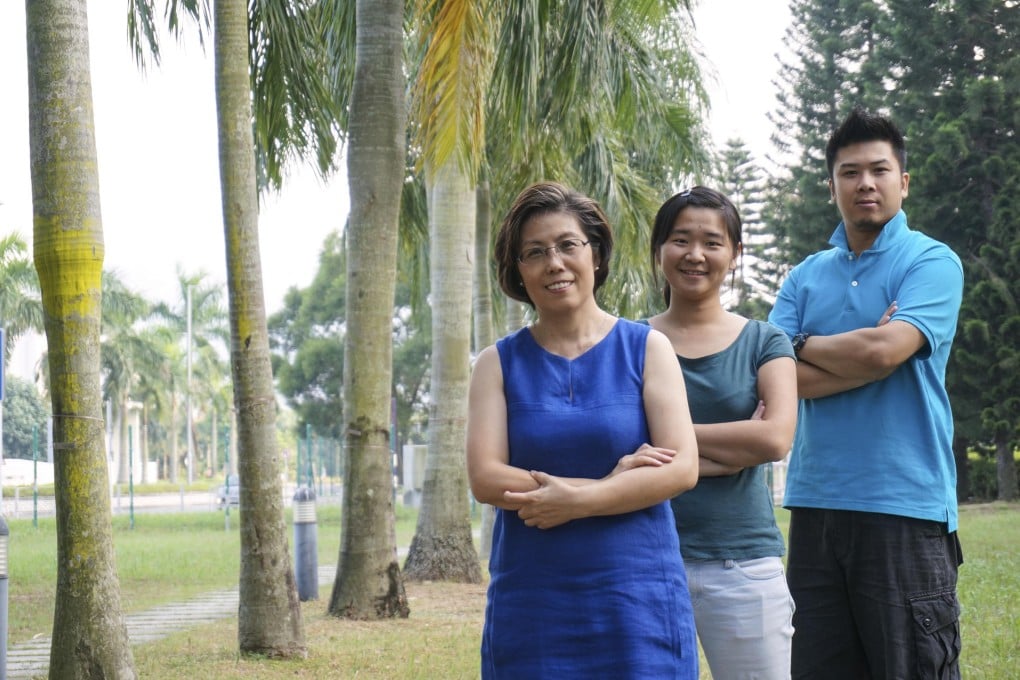Degree courses for the hearing-impaired
Chinese University gives hearing-impaired students a chance to do what they never thought possible - obtain a degree

Never in his wildest dreams did deaf student Kenny Chu Kwan-ngai ever consider attending university. Armed merely with a school certificate when he graduated from Chun Tok School for the Deaf, he had moved from one low-skilled job to another, until he was discovered by Professor Gladys Tang Wai-lan in 1999. He became her first deaf research associate at Chinese University's Centre for Sign Linguistics and Deaf Studies.
Chu, 34, will be a first-year student in the bachelor's degree programme in linguistics at Chinese University. A sign language interpreter will accompany him to his lectures, even physical education classes.
Chu and his classmate, Laura Lesmana Wijaya from Indonesia, are among the first seven students to graduate with a higher diploma from the Asia Pacific Sign Linguistics Research and Training Programme at Chinese University last year. The programme has been designed to bridge the gap between secondary education and university for deaf students.
"Before joining the centre, I always belittled myself," says Chu. "I thought signing was not a language and was inferior to speech. Deaf and non-deaf people are not equal. But now I've discovered that the problem is with the way we educate the deaf, not the people themselves."
He attended the Hong Kong School for the Deaf in the mid-1980s but describes the experience as painful. Teachers who did not know sign language taught orally, and he says he never understood much. At home, Chu uses sign language with his deaf family, but it was forbidden at school. Even though he was trained to speak, he had no motivation to do so.
"Some voices - whether from deaf or non-deaf people - are against the use of sign language because they think it will undermine the social status of the deaf and prevent them from getting a university education. It's not true," Tang says. "Many of them are not intellectually inferior to non-deaf students. They just need an interpreter to help them understand fully what is being taught."